Portugal joins three Western countries in recognising Palestinian state
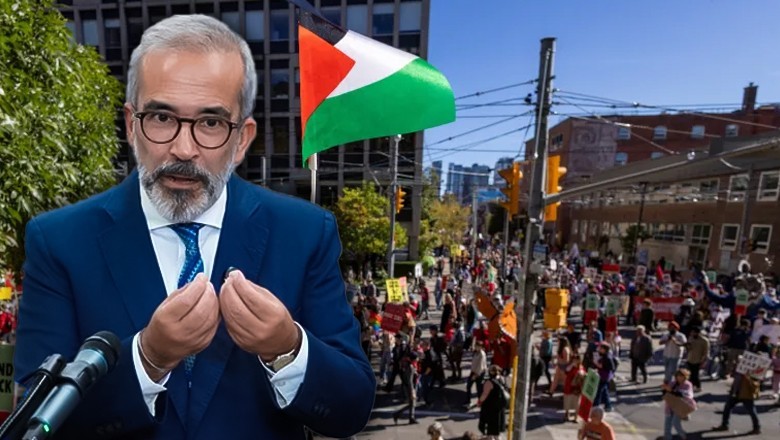
Web Desk
|
22 Sep 2025
After Britain, Canada, and Australia, Portugal has become the latest Western nation to formally recognise Palestine as an independent state.
Portuguese Foreign Minister Paulo Rangel, speaking to reporters in New York ahead of the UN General Assembly session on Monday, said the move reflects “a fundamental, permanent and widely agreed policy.”
He reaffirmed Lisbon’s support for a two-state solution, calling it “the only path to a just and lasting peace,” while stressing the urgency of a ceasefire in Gaza. Rangel also insisted that Hamas “cannot have any form of control in Gaza or beyond it” and demanded the release of all hostages.
The recognition by Portugal follows similar announcements from Britain, Canada, and Australia, marking a historic shift in Western foreign policy and sparking anger in Israel.
Britain and Canada are the first G7 countries to extend recognition, a step that aligns them with more than 140 nations that already back Palestinian statehood.
France and other European countries are expected to issue similar declarations during the UN General Assembly in New York.
Read more: Outrage as US vetoes UNSC resolution on Gaza ceasefire for sixth time
Israeli Prime Minister Benjamin Netanyahu rejected the move, declaring there would “never be a Palestinian state,” warning that such recognition would “endanger our existence and reward terrorism.”
The Palestine Liberation Organisation (PLO) first declared an independent state in 1988, gaining recognition from much of the Global South. Today, around 150 of the UN’s 193 member states acknowledge Palestinian sovereignty.
Despite growing recognition, Palestine’s status at the United Nations remains limited to that of an observer state, without voting rights. Full membership would require approval from the Security Council, where the United States, Israel’s closest ally, retains veto power.
Washington maintains that Palestinian statehood can only follow direct negotiations leading to a two-state solution, a stance major European powers shared until recent weeks.



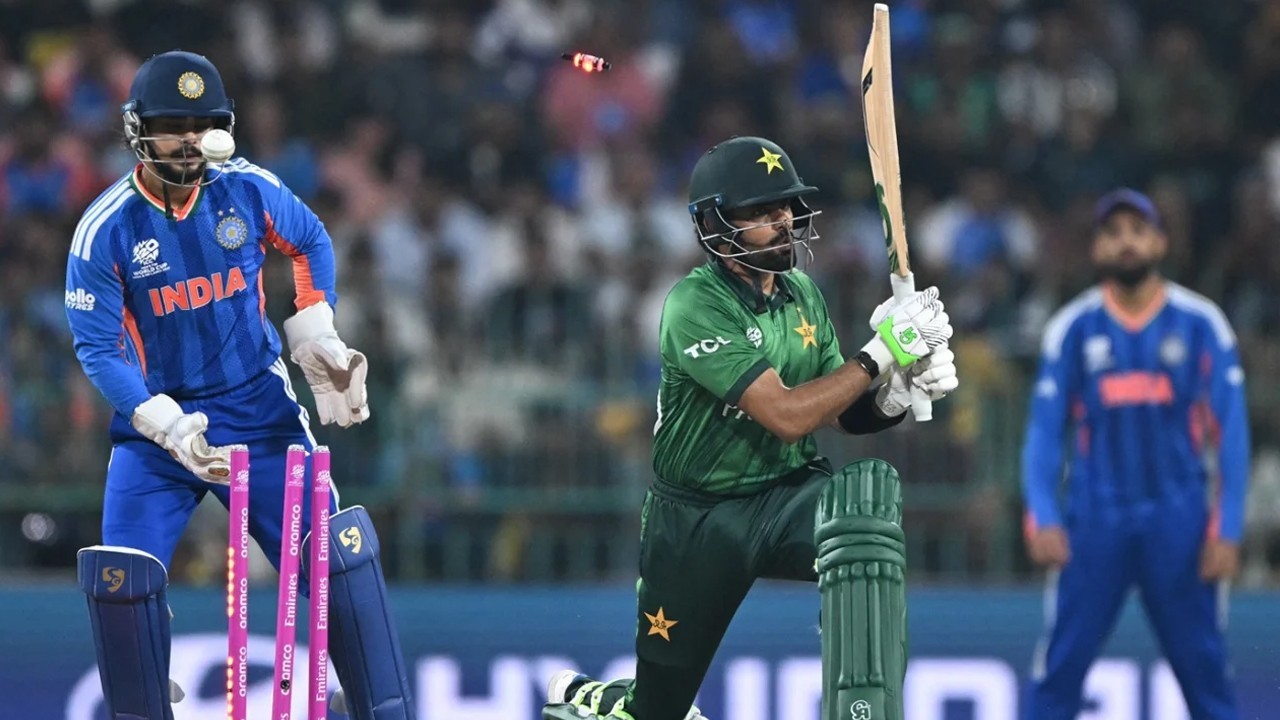


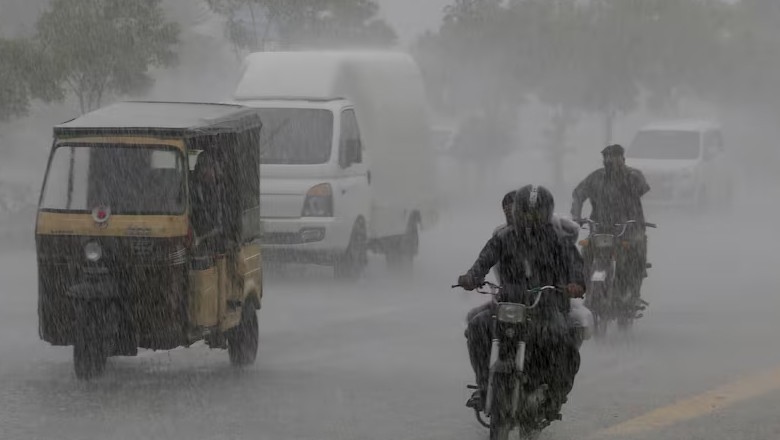
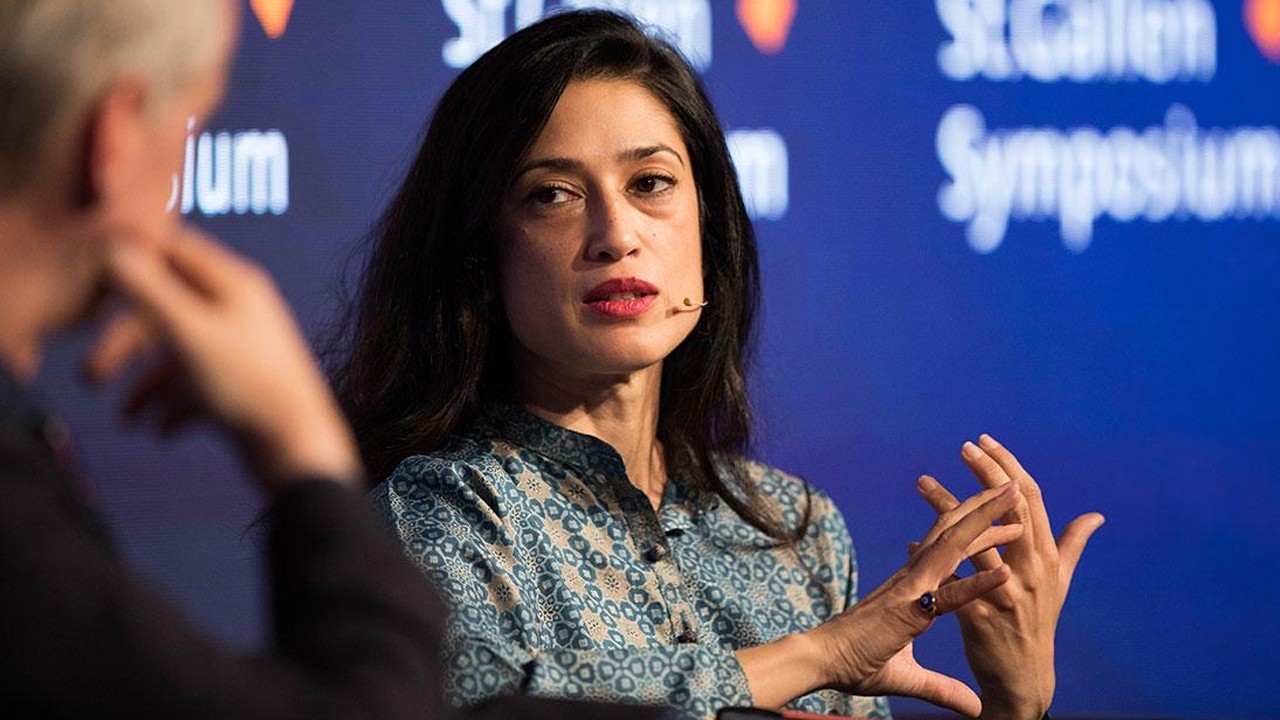


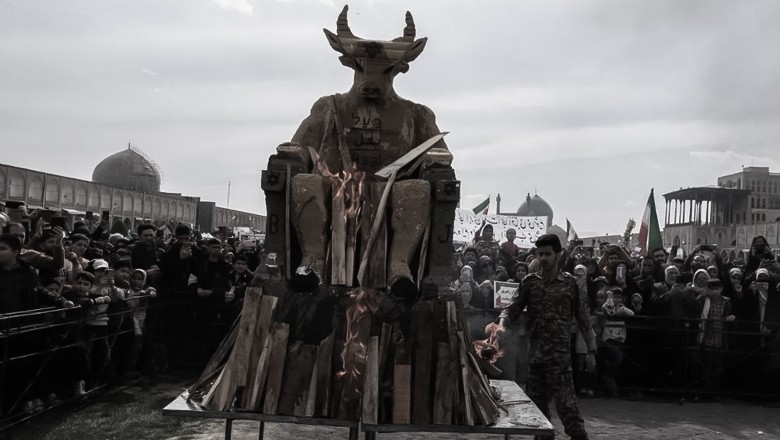

Comments
0 comment